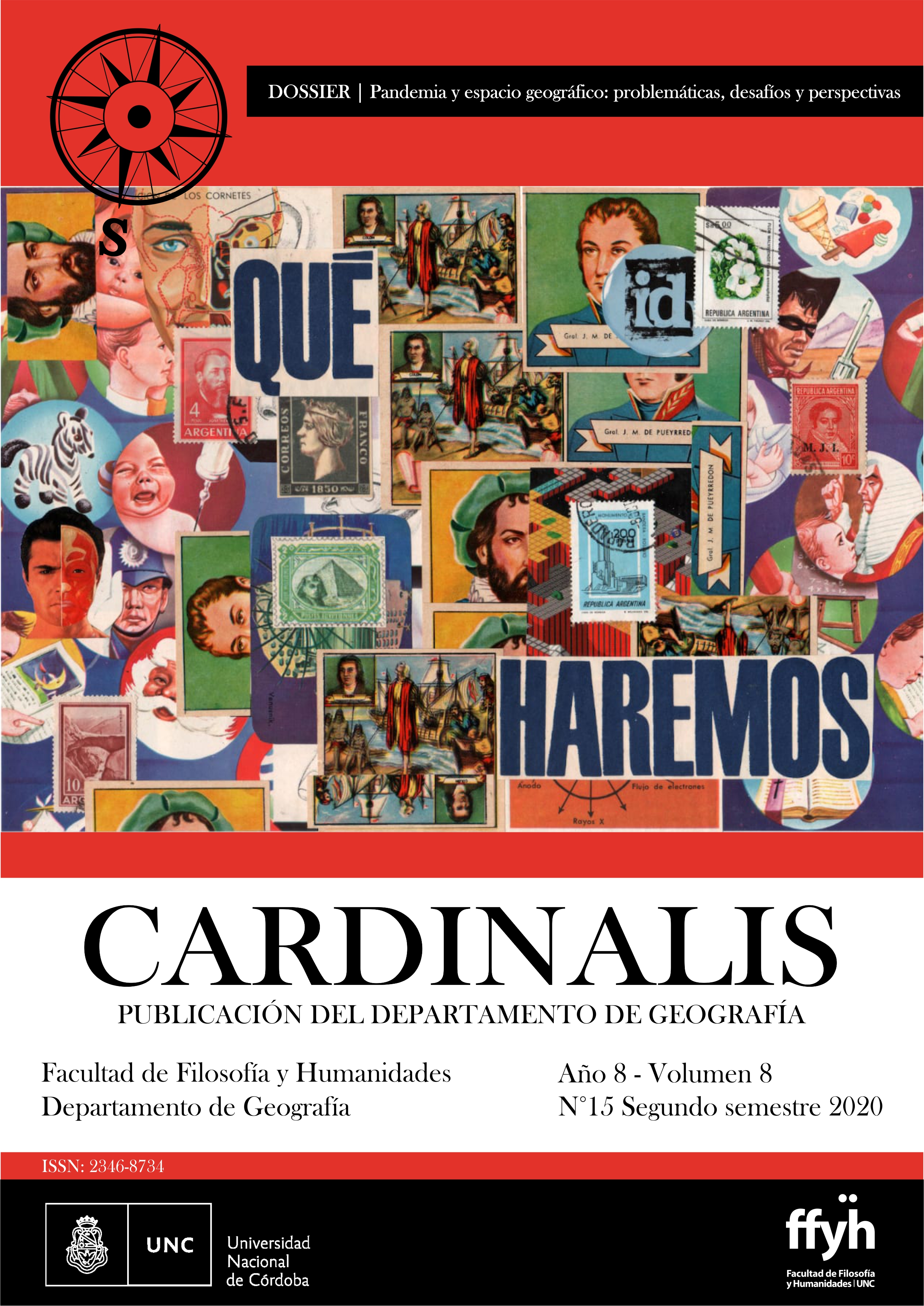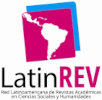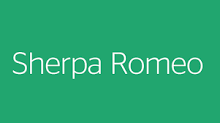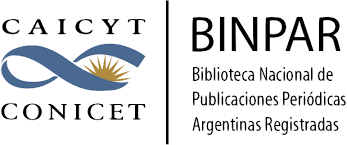Expert knowledge and urban indigenous in the sixty and seventy years (Chaco province, Argentina)
Abstract
In the article we analyze the anthropological descriptions made of indigenous domestic spaces in the Toba neighborhood of the city of Resistencia between 1969 and 1970. The work addresses the reports of metropolitan social anthropologists that operated as a legitimate way of knowing the organization of families and the interventions of other local institutions on these groups. In the 1960s, the indigenous residents of Barrio Toba were made visible within the provincial public problems due to their lack of integration and the characteristics of their housing conditions. Therefore, the hiring of experts and their spatial observations allows us to reflect on the overlaps of the academy, the developmental configuration and the indigenous problem in a markedly unequal urban setting. We wonder to what extent the specific intervention of the experts in this neighborhood, from evaluations and constructions of meanings, can be understood within the broader processes of alterization that have arisen over the period. The methodology is based on the analysis of a documentary corpus made up of the results of the consultancy carried out by the team of experts led by Esther Hermitte for the Chaco government. The purpose of the article is to review the objectifications of places, subjects, and relationships by which anthropological knowledge converges with transnational agendas, academic debates, and neighborhood institutions in a singular stage of Chaco capitalism.
Downloads
Downloads
Published
Issue
Section
License

This work is licensed under a Creative Commons Attribution-NonCommercial-ShareAlike 4.0 International License.
Aquellos autores/as que tengan publicaciones con esta revista, aceptan los términos siguientes:- Los autores/as conservarán sus derechos de autor y garantizarán a la revista el derecho de primera publicación de su obra, el cuál estará simultáneamente sujeto a la Licencia de reconocimiento de Creative Commons (indicada abajo) que permite a terceros compartir la obra siempre que se indique su autor y su primera publicación esta revista.
- Los autores/as podrán adoptar otros acuerdos de licencia no exclusiva de distribución de la versión de la obra publicada (p. ej.: depositarla en un archivo telemático institucional o publicarla en un volumen monográfico) siempre que se indique la publicación inicial en esta revista.
- Se permite y recomienda a los autores/as difundir su obra a través de Internet (p. ej.: en archivos telemáticos institucionales o en su página web) antes y durante el proceso de envío, lo cual puede producir intercambios interesantes y aumentar las citas de la obra publicada. (Véase El efecto del acceso abierto).

Esta obra está bajo una Licencia Creative Commons Atribución-NoComercial-CompartirIgual 4.0 Internacional.






